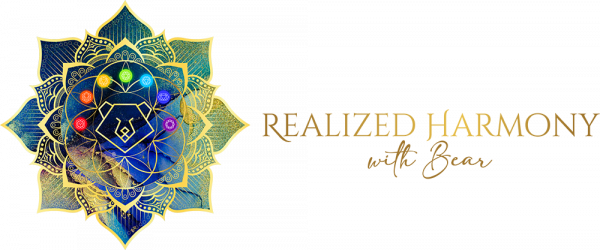Reiki, a name evocative of ancient wisdom and unseen energies, has gained traction in our modern world. But what lies beneath the gentle hand placements and serene atmosphere? Is it simply a feel-good technique, or does it hold deeper potential? Today, we delve into the intriguing realm of Reiki healing, exploring its history, practices, and potential benefits.
From Humble Beginnings to Global Reach:
Born in early 20th century Japan, Reiki’s story starts with Mikao Usui, a spiritual seeker who rediscovered this ancient healing art. The word itself translates to “universal life force energy,” highlighting the core belief that an unseen energy flows through all living things. Practitioners act as conduits, directing this energy towards individuals to promote healing and balance.
More Than Just Relaxation:
Unlike massage, Reiki involves gentle hand placements either on or slightly above the body. It’s a subtle, touchless experience. The practitioner acts as a channel, allowing the universal energy to flow freely, potentially addressing physical, emotional, and spiritual imbalances.
Unlocking Wellness:
While scientific studies on Reiki are ongoing, many individuals report experiencing a range of benefits, including:
- Reduced stress and anxiety: The calming nature of the practice can promote relaxation and emotional well-being.
- Pain relief: Studies suggest Reiki might be helpful in managing chronic pain conditions.
- Improved sleep: The deep relaxation achieved during a session can contribute to better sleep quality.
- Enhanced sense of well-being: Reiki can support overall feelings of peace, balance, and self-awareness.
Is Reiki Right for You?
If you’re curious about alternative healing techniques or simply seeking peace and stress relief, Reiki might be worth exploring. Remember, it’s not a replacement for conventional medical care but can be a complementary therapy to support your overall well-being.
Exploring the Different Paths:
Reiki isn’t a monolith. Different lineages and approaches exist, each with its unique understanding and practice. Here are some common types:
- Usui Reiki: The traditional form focusing on hand placements and energy flow.
- Karuna Reiki: A more dynamic approach incorporating symbols and mantras.
- Shamanic Reiki: Blending Reiki with ancient shamanic practices for deeper spiritual exploration.
Before You Embark:
- Do your research: Find a qualified and experienced Reiki practitioner. Seek recommendations and ask about their training and approach.
- Communicate openly: Discuss your expectations, concerns, and any medical conditions you have with the practitioner.
- Listen to your body: Be open to the experience, but remember, Reiki is a gentle practice, and results may vary from person to person.
A Holistic Journey:
Reiki may not be a magic bullet, but it can be a valuable tool on your path to well-being. By offering a space for relaxation, energy balancing, and self-discovery, Reiki can empower you to take charge of your own holistic health.
Have you tried Reiki? Share your experiences in the comments below!



